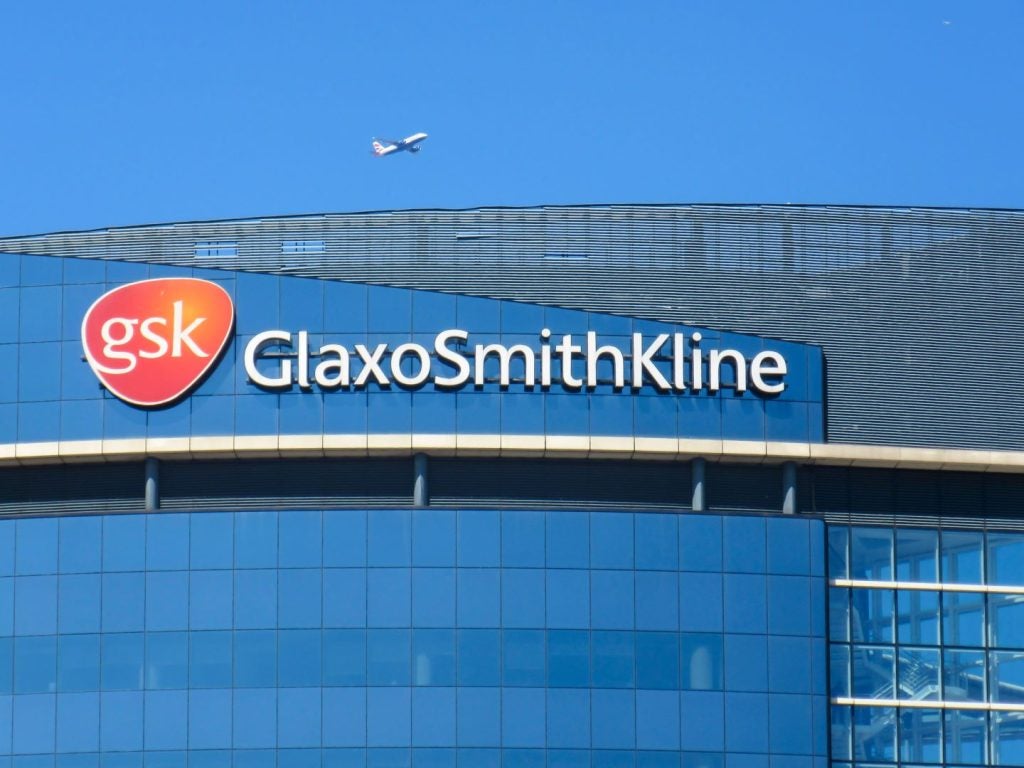Amylyx Pharmaceuticals has concluded subject enrolment for its Phase II HELIOS clinical trial of AMX0035 in adults with Wolfram syndrome (WS), a rare autosomal recessive neurodegenerative condition.
The open-label proof of biology study enrolled a total of 12 adult subjects with initial data expected in the second half of 2024.
HELIOS is designed to assess AMX0035's impact on tolerability and safety apart from various aspects of health in individuals with WS. They include endocrinological, neurological, and ophthalmologic functions.
An oral medication, AMX0035 combines sodium phenylbutyrate and taurursodiol.
It is already approved in the US under the brand name RELYVRIO for treating amyotrophic lateral sclerosis (ALS) in adults and as ALBRIOZA in Canada with conditions for the same indication.
The formulation of RELYVRIO, ALBRIOZA, and AMX0035 is the same.
In addition to its current uses, AMX0035 is being investigated for its potential to treat other neurodegenerative ailments.
Amylyx is also exploring the possibility of extending the treatment to other populations and regions.
In November 2020, the US Food and Drug Administration (FDA) granted orphan drug designation to AMX0035 to treat WS.
This designation is awarded to drugs and biologics developed for rare diseases affecting fewer than 200,000 persons in the US.
It provides various benefits to the company, including financial incentives for clinical development and the potential for seven years of market exclusivity in the US upon regulatory approval.
Amylyx Pharmaceuticals chief medical officer Camille Bedrosian said: “Little progress has been made in the treatment of WS, and we are excited by the potential we have been seeing in the preclinical work with AMX0035.
“These preclinical findings suggest the possibilities of AMX0035 for individuals with WS that we continue to explore, including in the HELIOS trial.”
The latest development comes after the company dosed the first subject in the Phase III ORION trial of AMX0035 to treat patients with progressive supranuclear palsy (PSP), a rare neurodegenerative ailment.















